Millions at risk in South Sudan as funding dries up due to Ukraine war: WFP
The World Food Programme (WFP) says 1.7 million people are at risk of starvation in South Sudan as it has to suspend planned aid for the people of the world’s youngest country due to the current crisis in Ukraine.
The UN’s emergency food assistance agency said on Tuesday it planned to deliver aid to more than six million acutely food-insecure people in South Sudan this year.
The organization, however, had to prioritize 4.5 million of the most vulnerable people in order to stop them from starving during the lean season between April and July.
“It’s a drastic cut because it’s a third of the total of people that we know require food assistance, but we had to do a kind of triage, if you will,” said Marwa Awad, WFP spokesperson in South Sudan’s capital, Juba.
“We had to decide who to keep assisting and who we can afford to suspend the assistance from – not because they’re not in need but because they can survive,” she added.
Raising concern about the 1.7 million “insecure people” in South Sudan, Awad said that, “if aid is not given to support them, they will slide further down the scale of hunger and reach starvation level.”
“If people are not nourished and are not reached regularly, they will get worse and worse and join the ranks of their brethren who are already looking death in the eye,” she added.
South Sudan is among five countries where global food insecurity is putting 750,000 people at immediate risk of starvation, according to the WFP.
Due to the crisis in Ukraine, Awad said, “Donors are no longer actively supporting South Sudan as a crisis.”
Ukraine, one of the world's biggest exporters of grain, has been at war with Russia since Moscow launched a military campaign in the country on February 24.
The war inflamed tensions between Russia and the West, with the US and its NATO allies slapping unprecedented sanctions on Moscow, which sent the prices of grain, cooking oil, fertilizers, and energy skyrocketing.
Experts warn that rising food prices and shortages in the fragile emerging markets in Africa and West Asia could lead to a humanitarian disaster.
Last month, Russian Ambassador to the United States Anatoly Antonov said difficulties in the global food market had been building up for a long time, but “the crisis was further exacerbated due to the introduction by Washington and its satellites of illegitimate sanctions against Russia.”
VIDEO | Protests across US against war with Venezuela
VIDEO | UK academics discuss rising tide of Islamophobic violence
VIDEO | Expanding ties: Iran's FM message to Tunisia
VIDEO | New Delhi-Moscow ties deepens despite Western pressure
VIDEO | Israel prevents Glaucoma patients from leaving Gaza
‘No to Zionist tourism’: Italian ports see rising backlash against Israeli tourism amid Gaza war
VIDEO | What's brewing in Mexico?
US yet unwilling to engage in serious talks, must accept Iran’s right to peaceful nuclear energy: FM


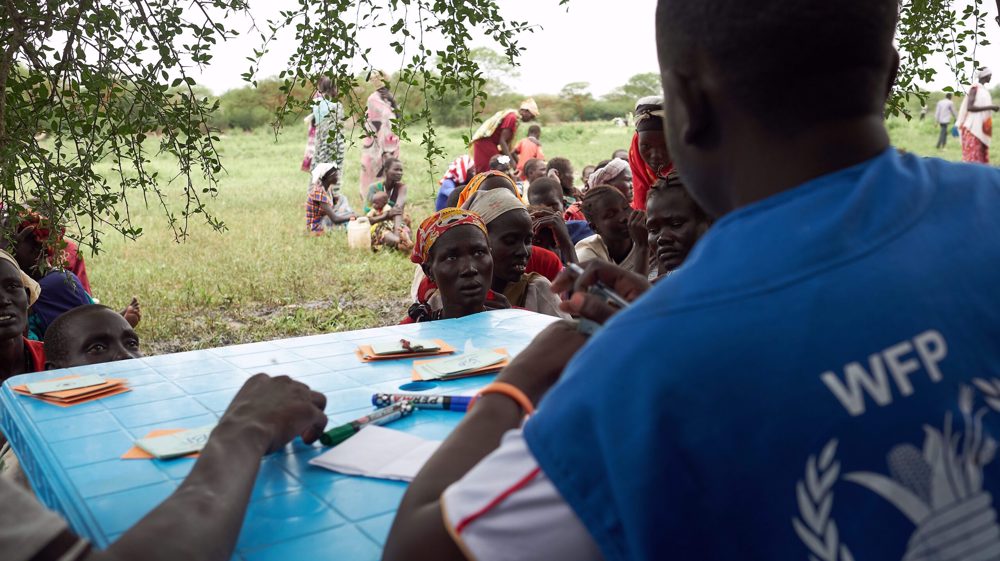
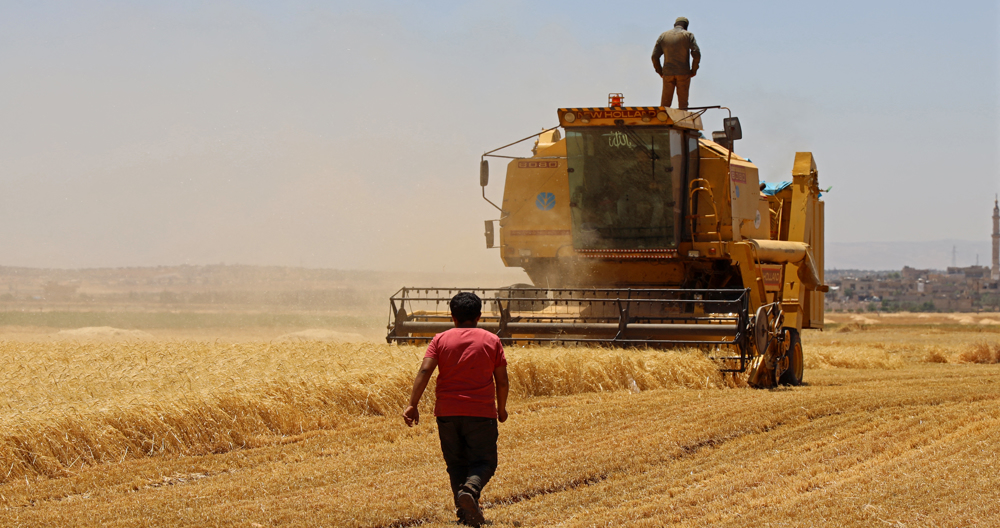

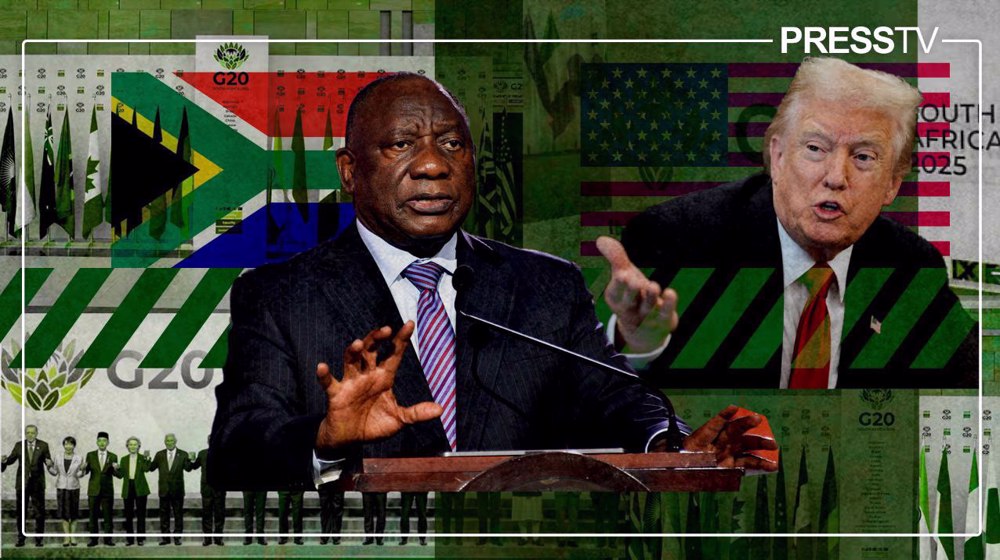
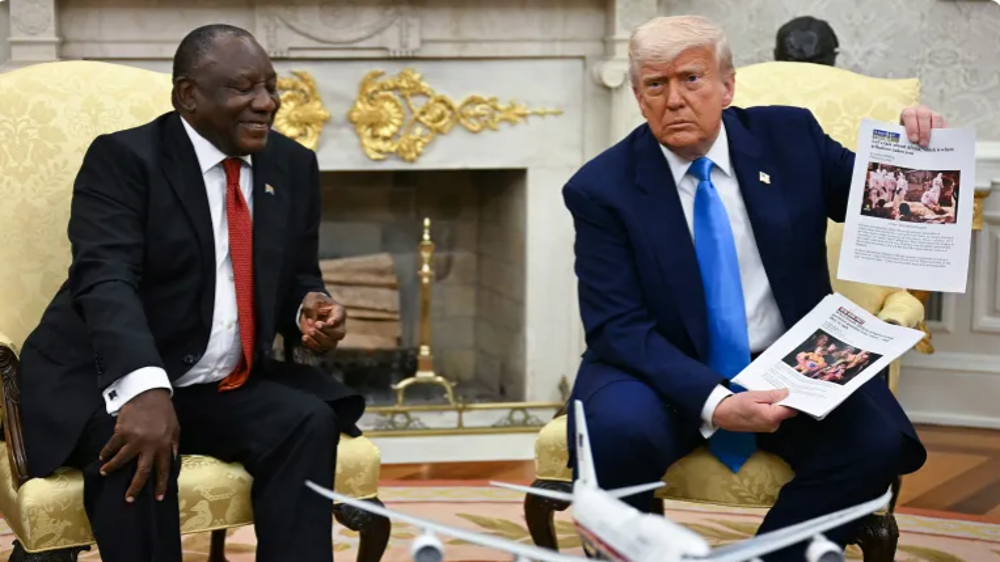



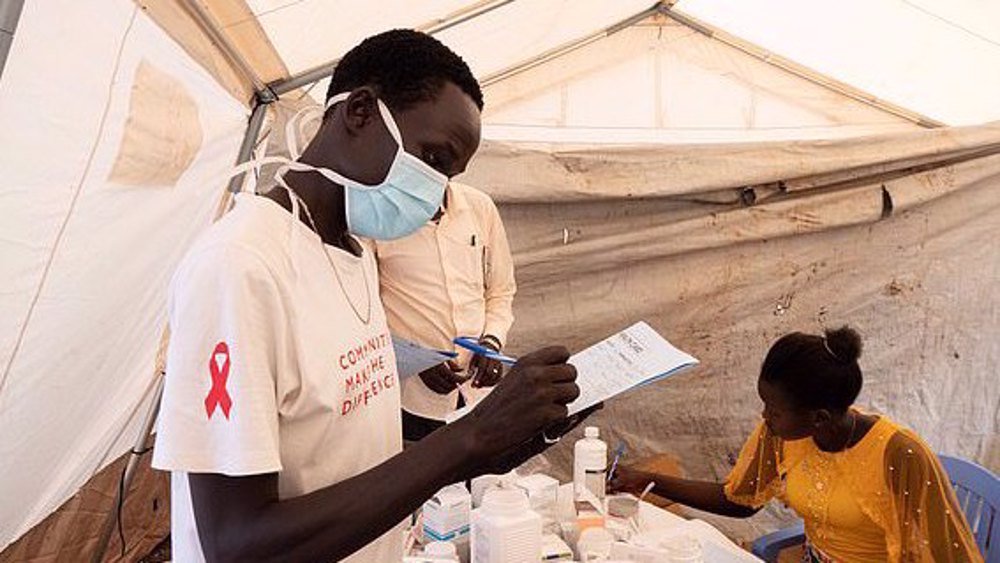

 This makes it easy to access the Press TV website
This makes it easy to access the Press TV website